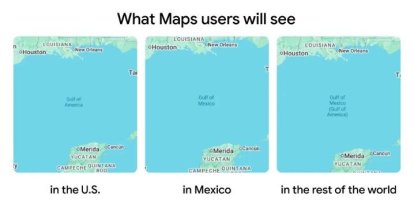New Jersey passed a law to limit the use of plastic, but its consumption tripled shortly thereafter
Gov. Phil Murphy (D) had defended the legislation, saying it would help combat climate change.

Wikimedia Commons
In mid-2022, Governor Phil Murphy (D) of New Jersey signed a law banning single-use plastic bags, claiming the legislation would help combat climate change by lowering plastic consumption. However, less than two years later, a study found that the results were not exactly as expected.
The ban, which at the time became the strictest in the country, denied retail and grocery stores from giving their customers single-use plastic balls.
"Plastic bags are one of the most problematic forms of garbage, leading to millions of discarded bags that stream annually into our landfills, rivers, and oceans," Murphy said at the time.
"With today's historic bill signing, we are addressing the problem of plastic pollution head-on with solutions that will help mitigate climate change and strengthen our environment for future generations," he added.
The legislation also banned Styrofoam takeout containers and single-use plastic straws unless a customer requests them.
The opposite effect?
According to a study carried out by Freedonia Group, the Democratic legislation had precisely the opposite effect. It turns out that since May 2023, plastic consumption in New Jersey has only increased.
"Following implementation of the New Jersey bag ban, total bag volumes declined by more than 60% to 894 million bags. However, the study also shows, following New Jersey's ban of single-use bags, the shift from plastic film to alternative bags resulted in a nearly 3x increase in plastic consumption for bags," the Freedonia Group explained.
Additionally, retailers faced significant changes to their front-end business operations due to the ban on plastic bags.
"No longer permitted to provide complimentary single-use plastic or paper bags, retailers are offering alternative bags for sale to fill the void. Simultaneously, consumers are rapidly transitioning to grocery pickup and delivery services, which typically requires the use of new alternative bags for every transaction. As a result, alternative bag sales grew exponentially, and the shift in bag materials has proven profitable for retailers," the study added.
RECOMMENDATION





















